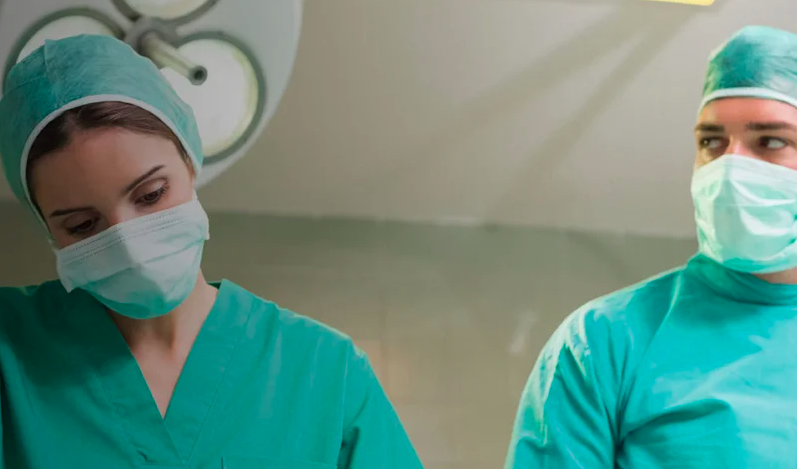Anaesthesia | Trauma | Management of life-threatening thoracic injury



Management of life-threatening thoracic injury
Session Overview
Description
Assessment and treatment of life-threatening thoracic injuries.
Learning Objectives
By the end of this session you will be able to:
- Describe the principles of assessment and treatment of life-threatening thoracic injuries in the trauma patient
- Assess and treat injuries detected in the primary survey
- Assess and treat injuries detected in the secondary survey
Prerequisites
Before commencing this session you should complete:
- Module 03/Trauma/Primary and secondary survey/The primary survey (001-0356)
- Module 03/Trauma/Primary and secondary survey/The secondary survey (001-0357)
Most thoracic injuries are treated with relatively simple, but time-critical, interventions – few need surgery.
The injuries are divided into those that should be detected during the primary survey (mainly by clinical examination) and those detected during the secondary survey, (often requiring additional investigations).
- Anaesthesia | Physiology | Mechanics of Ventilatio...
- Posted By eIntegrity Healthcare e-Learning
- Posted Date: 2025-02-21
- Location:Online
- This session continues to look at respiratory mechanics, including lung compliance, the role of surfactant and the factors that determine whether airflow is laminar or turbulent. Respiratory function tests are also explained
- Anaesthesia | Physiology | Ventilation/Perfusion A...
- Posted By eIntegrity Healthcare e-Learning
- Posted Date: 2025-02-21
- Location:Online
- This session describes how and why ventilation and perfusion vary in the healthy lung. Causes of hypoxia, such as hypoventilation, increased dead space and shunt, are discussed to help the trainee explain and manage hypoxia clinically.
- Anaesthesia | Physiology | Pulmonary Ventilation: ...
- Posted By eIntegrity Healthcare e-Learning
- Posted Date: 2025-02-21
- Location:Online
- This session covers the measurement and clinical importance of lung volumes, including functional residual capacity and dead space. Information regarding the performance and interpretation of flow-volume loops is also included.
- Anaesthesia | Physiology | Co2 Carriage in Blood a...
- Posted By eIntegrity Healthcare e-Learning
- Posted Date: 2025-02-21
- Location:Online
- This session covers the physiology of how carbon dioxide is carried by blood, including its conversion into bicarbonate ions and the role of the red blood cell and haemoglobin in this process. The session also describes how buffers work, and the fundament
- Anaesthesia | Physiology | Function of Haemoglobin...
- Posted By eIntegrity Healthcare e-Learning
- Posted Date: 2025-02-21
- Location:Online
- This session focusses on the function of haemoglobin in oxygen (O2) carriage from the lungs to other tissues where cells are supplied with the O2 required for oxidative phosphorylation in the mitochondria. We will cover the structure




